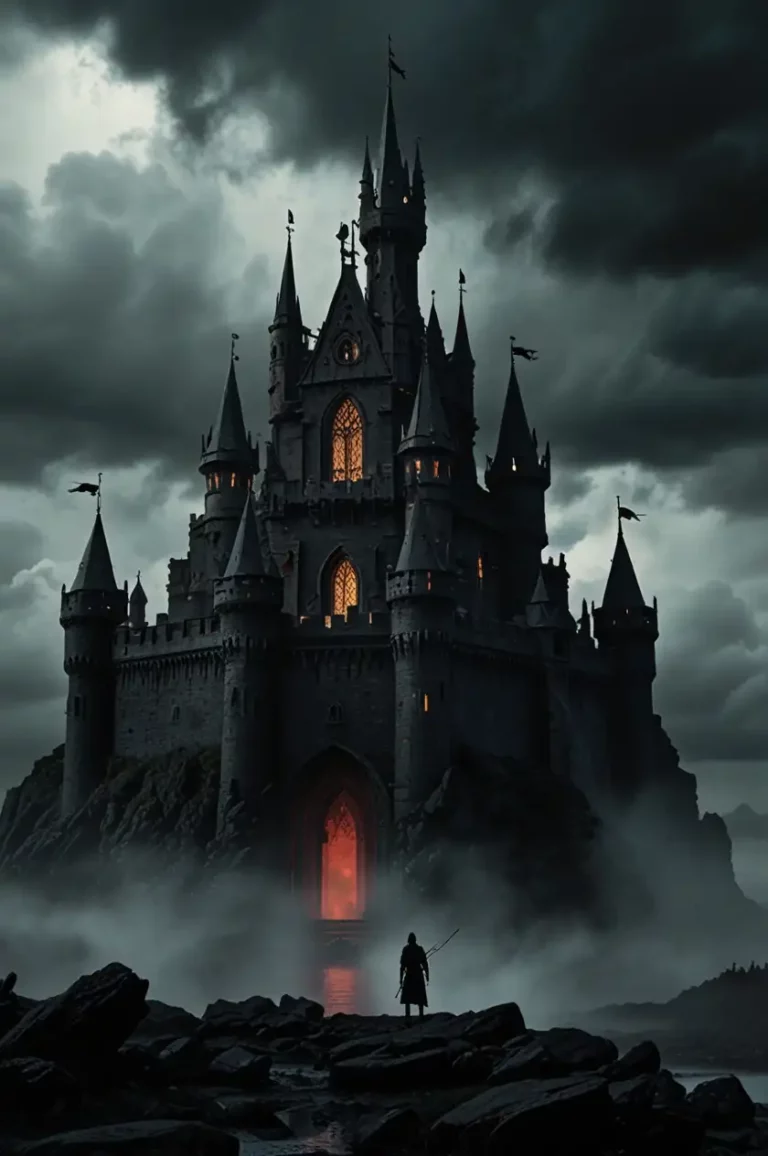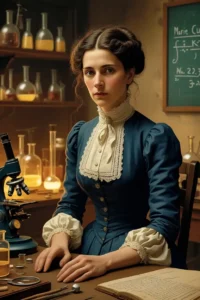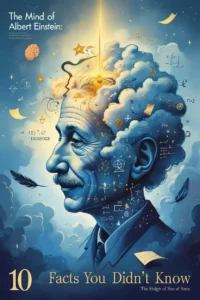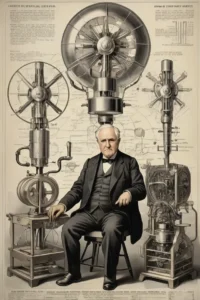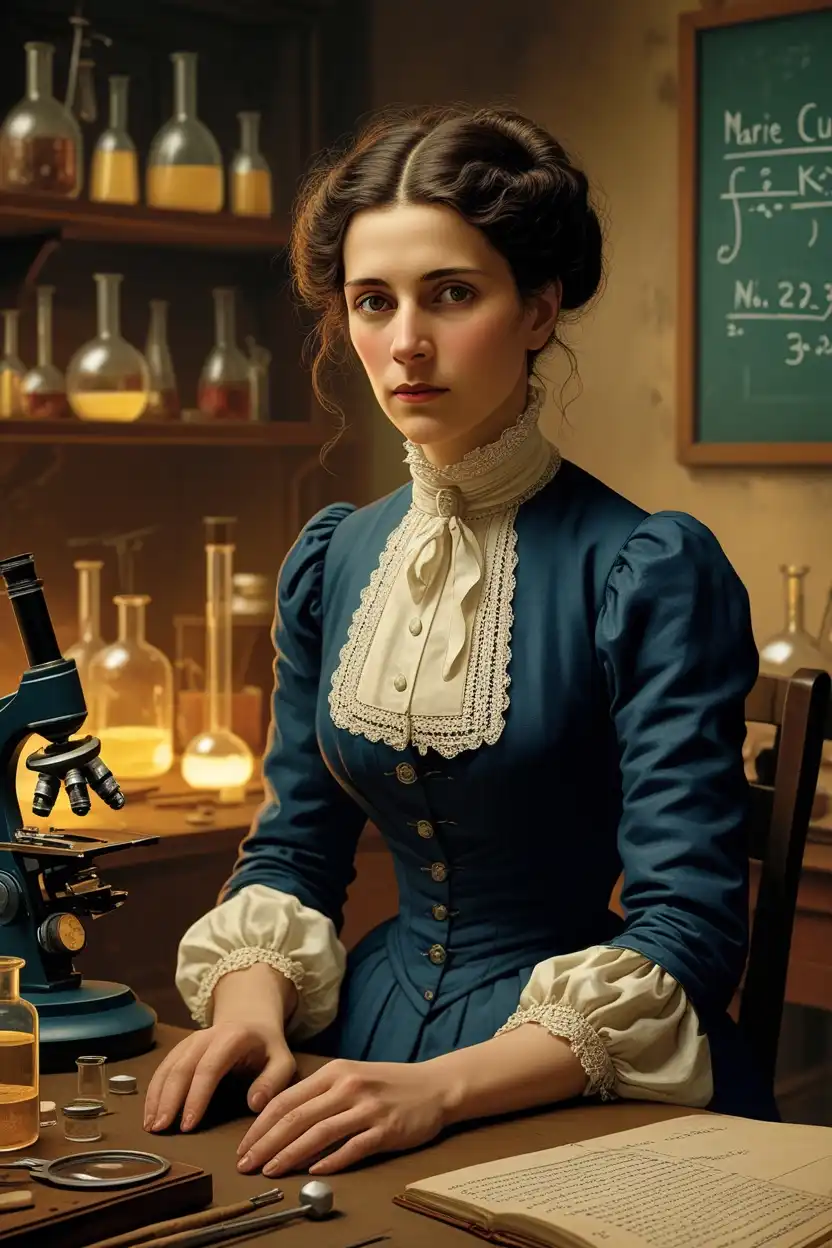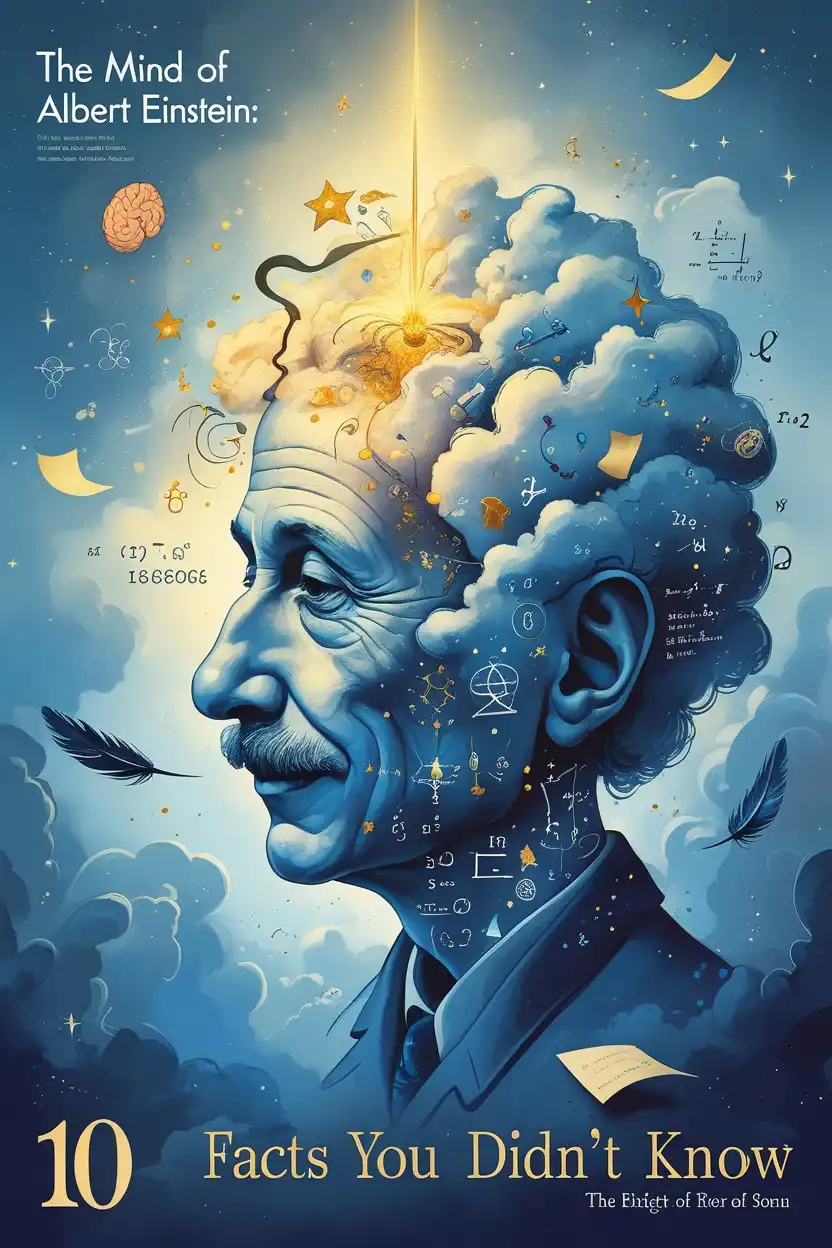The Rise of Dark Fantasy: Why It’s Dominating Modern Fiction
In recent years, dark fantasy has surged in popularity, captivating readers and dominating the shelves of bookstores worldwide. With its intricate worlds, morally complex characters, and a blend of magic and menace, this genre has carved out a unique space in modern fiction. But what exactly is driving this rise in dark fantasy, and why are readers so drawn to its shadowy allure? Let’s dive into the phenomenon that’s reshaping contemporary storytelling.
What is Dark Fantasy?
Dark fantasy is a subgenre of speculative fiction that blends elements of fantasy with darker, often more sinister themes. It explores the gray areas of morality, where heroes are flawed, villains are complex, and happy endings are far from guaranteed. Unlike traditional fantasy, which often leans toward epic battles between good and evil, dark fantasy thrives in ambiguity, exploring the darker side of human nature and the supernatural.
Why is Dark Fantasy So Popular?
1. A Reflection of Modern Society
In an era marked by uncertainty and complexity, readers are increasingly drawn to stories that reflect the challenges and struggles of the real world. Dark fantasy doesn’t shy away from exploring difficult themes like betrayal, loss, and moral ambiguity. It resonates with audiences who crave narratives that feel authentic and relatable, even within fantastical settings.
2. Complex Characters
Gone are the days when heroes were purely virtuous and villains were unequivocally evil. Dark fantasy offers characters with depth—flawed protagonists who wrestle with their own demons and antagonists whose motivations are often understandable, if not justifiable. This complexity makes for richer storytelling and keeps readers engaged.
3. Escapism with an Edge
While fantasy has always been a form of escapism, dark fantasy provides an edgier alternative to the whimsical or idealistic worlds of traditional fantasy. It immerses readers in realms where danger lurks around every corner and nothing is as it seems. This heightened tension creates a gripping experience that keeps readers coming back for more.
4. Cinematic Influence
The rise of dark fantasy in literature has been bolstered by its success in other media forms. Popular TV series like Game of Thrones and The Witcher, as well as video games like Dark Souls and Bloodborne, have brought the genre to mainstream attention. Their success has paved the way for more dark fantasy stories to be told across various platforms.
Elements That Define Dark Fantasy
To understand why dark fantasy is so compelling, it’s important to recognize the key elements that define the genre:
- Morally Ambiguous Characters: Heroes with flaws and villains with redeeming qualities.
- Dark Themes: Exploration of fear, death, power, and corruption.
- Gritty Worldbuilding: Harsh environments and societies that reflect the darker aspects of humanity.
- Supernatural Elements: Magic, mythical creatures, and otherworldly forces that often have a sinister edge.
- Unpredictable Plotlines: Twists and turns that defy conventional storytelling tropes.
Iconic Works in Dark Fantasy
Several authors have been instrumental in shaping the dark fantasy genre. Here are some must-read works that exemplify its allure:
- A Song of Ice and Fire by George R.R. Martin: A sprawling epic filled with political intrigue, betrayal, and morally complex characters.
- The First Law Trilogy by Joe Abercrombie: A series that redefines heroism with its gritty realism and sharp wit.
- The Broken Empire Trilogy by Mark Lawrence: A dark tale of vengeance and ambition set in a post-apocalyptic fantasy world.
- The Witcher series by Andrzej Sapkowski: A blend of folklore, magic, and moral dilemmas that has captivated readers worldwide.
The Future of Dark Fantasy
As the genre continues to grow in popularity, it’s clear that dark fantasy is here to stay. Its ability to tackle complex themes while providing thrilling escapism makes it a perfect fit for modern audiences. With new voices emerging in the genre and established authors continuing to push boundaries, the future of dark fantasy looks brighter—or perhaps darker—than ever.
FAQs
Q: What differentiates dark fantasy from traditional fantasy?
A: Dark fantasy focuses on morally ambiguous characters, darker themes, and grittier worlds compared to traditional fantasy’s often clear-cut battles between good and evil.
Q: Is dark fantasy suitable for all readers?
A: Not necessarily. Due to its mature themes and often graphic content, dark fantasy may not be suitable for younger readers or those sensitive to darker subject matter.
Q: Can dark fantasy include horror elements?
A: Yes! Dark fantasy often overlaps with horror, incorporating elements like fear, dread, and supernatural threats to heighten its intensity.
Q: Why do authors choose to write dark fantasy?
A: Authors are drawn to dark fantasy because it allows them to explore complex themes, challenge traditional storytelling conventions, and create richly layered worlds.
Q: Which authors should I read if I’m new to dark fantasy?
A: Start with George R.R. Martin (A Song of Ice and Fire), Joe Abercrombie (The First Law Trilogy), or Neil Gaiman (American Gods). These authors offer a great introduction to the genre.
Dark fantasy’s rise is a testament to its ability to captivate readers with stories that are as thought-provoking as they are thrilling. Whether you’re a seasoned fan or new to the genre, there’s never been a better time to explore its shadowy depths.
